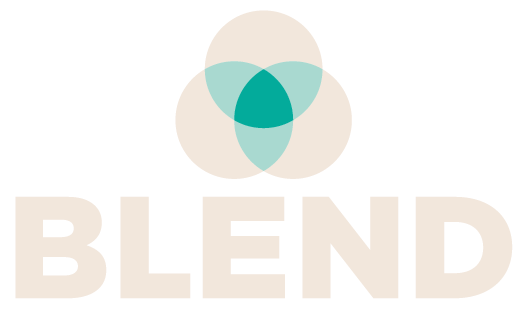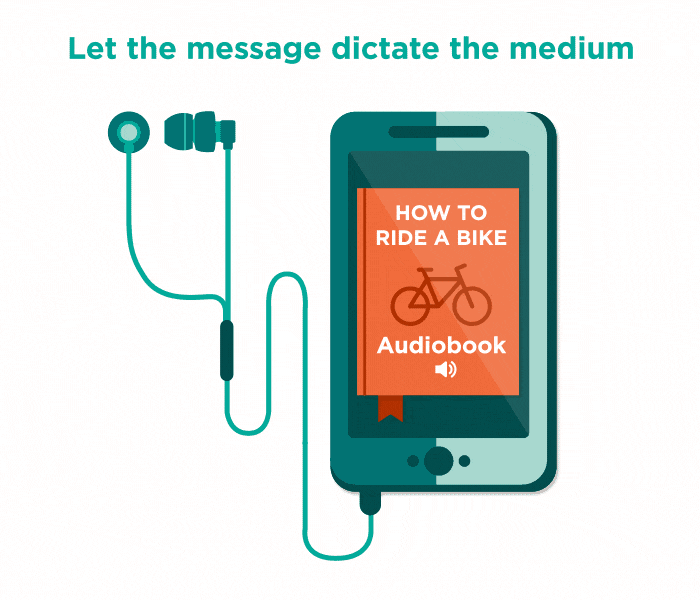The fourth in our series of articles designed to cut through the noise and help you make an informed decision between Custom Content and Off-the-shelf eLearning for your next project, looks at the differences between Off the shelf and Custom content.
Off the shelf content
This is premade eLearning, that is cheaper and faster to deliver. However, often there are limits to the level of customisation of the content. The trick is making sure it is ‘good enough’ and that all your learning goals are met.
Advantages
- Is generally cheaper as it’s already built
- Readily available content for faster delivery – pick and mix modules.
Disadvantages
- Limited customisation of content both in regards to content and style/branding.
Custom content
If you can’t find off-the-shelf content that meets your needs then bespoke content can give you greater levels of customisation. The compromise is that delivery duration and costs can be greater as you are paying with time for the added control. The trick is making sure it is ‘good enough’ and that all your learning needs are met in the most cost-effective way possible.
Advantages
- Simpler to edit and update
- Can be aligned exactly with your learning needs
- Can be aligned exactly with your Business culture
Disadvantages
- Takes more time to produce so is generally more expensive
- Takes more time to produce so takes longer to deliver
As a rule of thumb, choosing the medium that most effectively and efficiently trains your learners on what to do is the best way to get the most impact from your training.
For example, if you want learners to be able to use a piece of desktop software, present them with an interactive interface to practice navigation rather than writing lengthy copy about it.
On the flip side, if all it takes is a well-designed infographic to meet your learning goal then use it. The focus should always be on the best value medium for delivering learning in service of the business need.
The key is understanding there is a sliding scale of approaches and content should focus on optimising your resources where you need them. In our next article, we’ll discuss how to blend them to greater effect.

